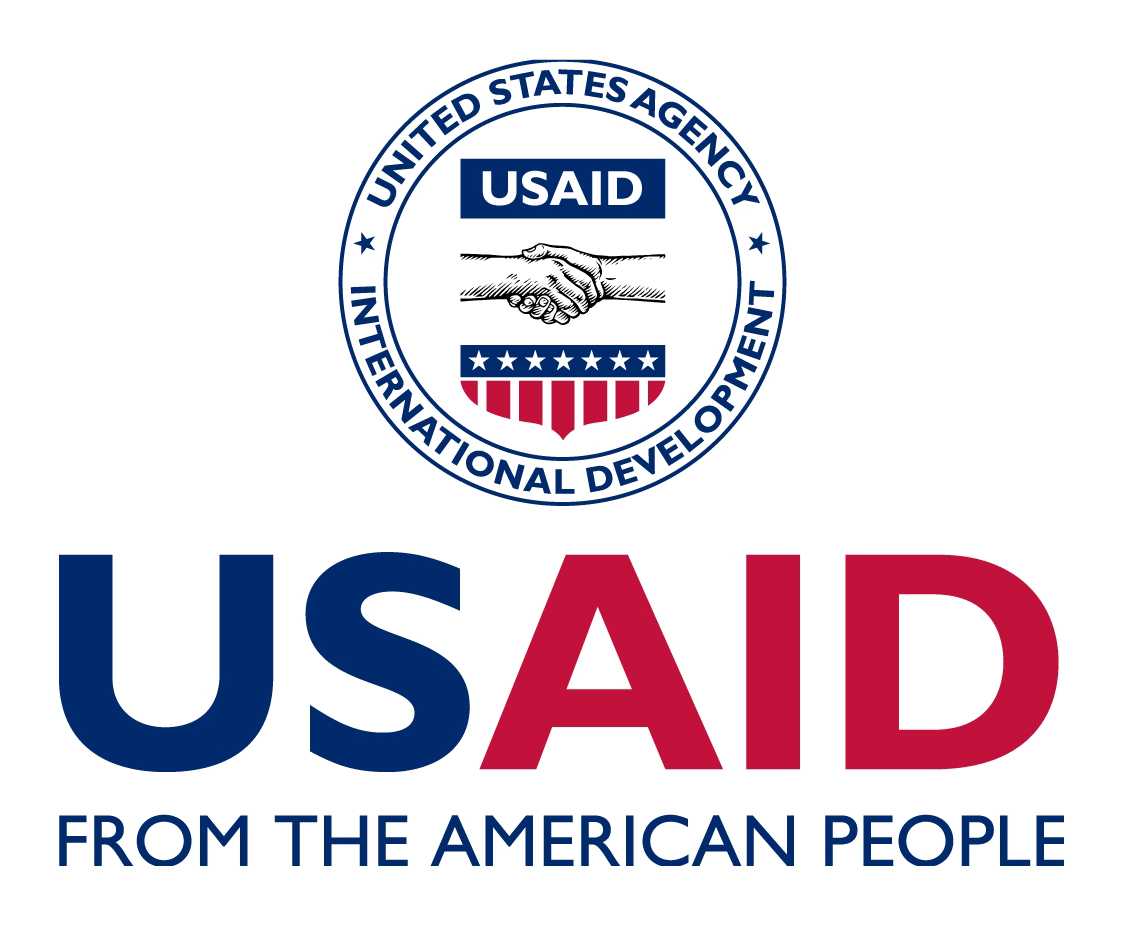MANILA, The Philippines – More than 60 representatives of coffee businesses and financial institutions from Indonesia, the Philippines, and Vietnam met in Manila to address cutting-edge coffee concerns: the rise of “premium” high-quality coffee; buyers’ perspectives on sustainable sourcing, and; investors’ challenges and successes in financing coffee. USAID Green Invest Asia, a platform helping to scale sustainable agriculture and forestry businesses in Southeast Asia, organized the networking and matching forum along with the Philippine Coffee Board and International Women’s Coffee Alliance (IWCA).
Almost 27 percent of the world’s coffee beans are cultivated in Asia where coffee consumption has also risen steadily, even steeply in the case of the Philippines and in traditionally tea-drinking countries like China and Vietnam. Based on current global production and demand projections, Hanns R. Neumann Stiftung Foundation, which works with smallholder coffee farmers, estimates the world faces a gap by 2030 of 3.6 million metric tons of coffee– the equivalent of 450 billion espressos.
“Can we produce more and better?” asked Dave D’Haeze, the foundation’s manager in Asia. He and other experts shared best practices to confront increasing climate shocks, low productivity and coffee quality, and a dwindling agricultural labor force.
USAID Green Invest Asia connects climate-smart agriculture and forestry companies in Southeast Asia with investors, leveraging such private finance to address longstanding social and environmental challenges.
Despite forming half of the total agricultural labor force in East and Southeast Asia, only a fraction of women are in decision making roles, leaving untapped expertise, according to a recently published USAID Green Invest Asia analysis of women in the coffee value chain of four Southeast Asian countries.
Sustainable sourcing
Ramping up supply of sustainably produced coffee has been difficult, even for the largest players, including Nestlé, which purchases 80 percent of the beans grown in the Philippines, and Jacobs Douwe Egberts (JDE), which aims to source 100 percent responsible coffee by 2025.
“It is impossible for us to do this alone,” said JDE’s sustainability manager in the Asia and the Pacific, Do Ngoc Sy. JDE has worked with industry partners to set up sustainability projects in recent years to support coffee farmers in Indonesia, China, Laos People’s Democratic Republic, and Papua New Guinea. Its projects in Vietnam, which is the world’s second-largest coffee producer, already reach almost 21,000 smallholder coffee farmers. “The use of banned pesticides, chemical fertilizers and [lack of safe] working conditions are primary focus areas for us in the region,” said Sy.
JDE co-creates sustainability solutions with select suppliers and partners who contribute at least 30 percent of their total costs toward sustainable production and improved processing. Leveraging its own internal resources and capital, JDE mobilizes governments and NGOs to boost funding and specialist expertise including, for example, carbon footprint analysis. “Accurate and reliable carbon assessments are needed to inform our recommendations to suppliers, but they are not always easy to come by in the region,” Sy added.
Showcasing and matchmaking
Women-led coffee businesses showcased their products, including Café Maleng-ag, Commune and Sulu Royal Coffee, while investors from Rabo Foundation, Landbank of the Philippines, C4D and Agronomika hosted information/pitch roundtable sessions for would-be investees.
“But money alone cannot revitalize a flagging coffee business”, said Retno Jayanthi, a coffee specialist with Rabo Foundation based in Indonesia. “Extra work is required to help businesses lacking transparency, accounting or proper financial records, become investment-ready”, said Omar Salvo, head of programs at the Peace and Equity Foundation.
Natasha Erika Jane H. Siaron, a program officer with Fairtrade, said despite a full day of deal-making and discussions, she left without hearing enough from the largest buyers what premium they are willing to pay for ethically and environmentally sourced beans. “Without that assurance, farmers will continue focusing on quantity over quality or carbon emissions,” she said.
The largest buyers, on the other hand, said their focus was on systemic changes to revitalize smallholder farming and increase its profitability and production. From improving inputs and land productivity to professionalizing the industry, they called for “moving beyond certification” for lasting change.















